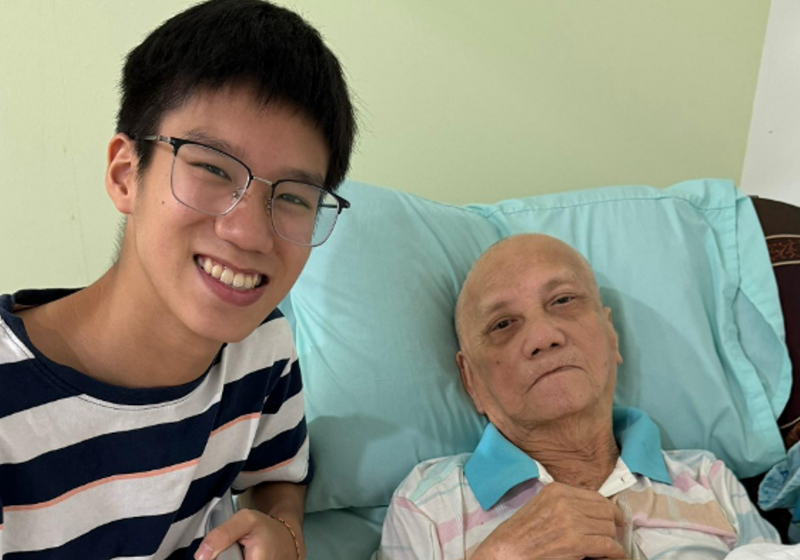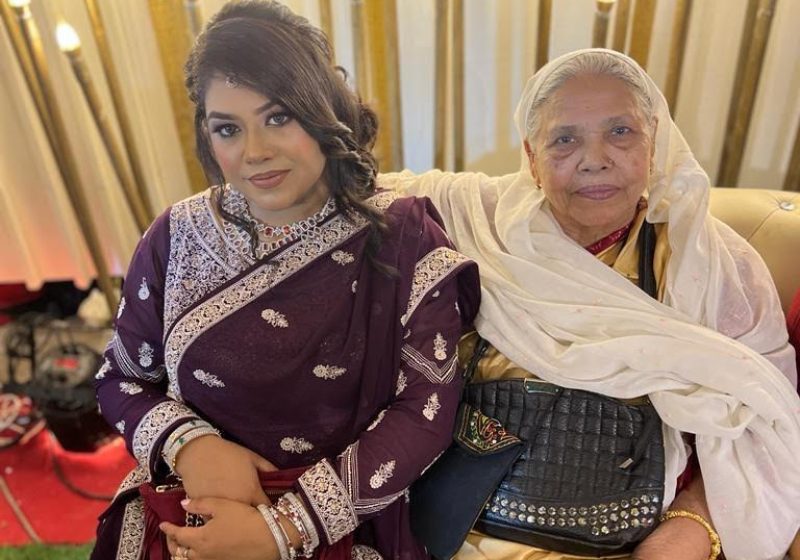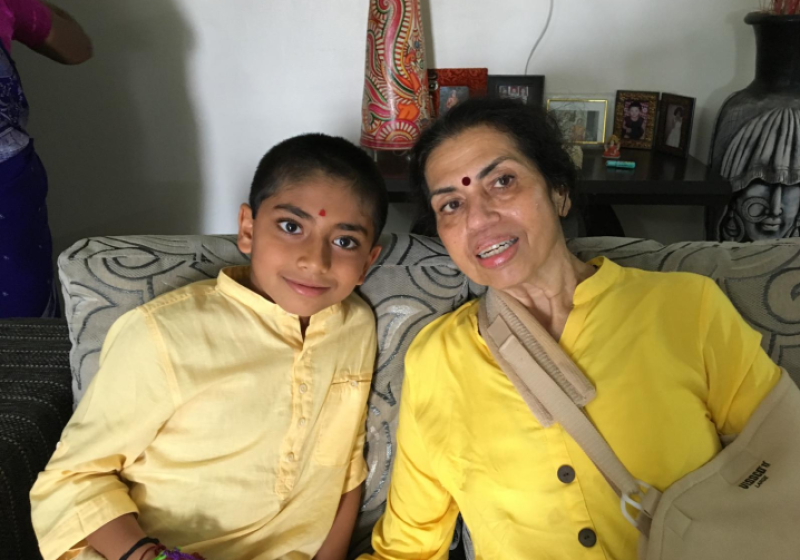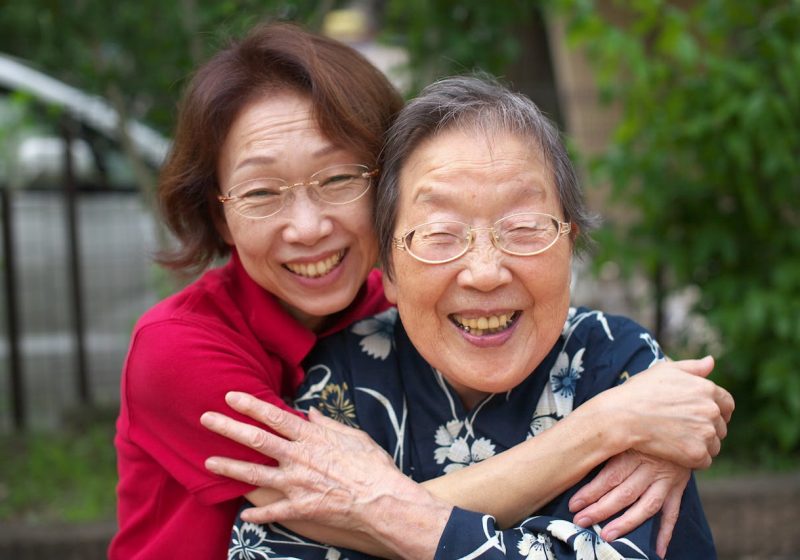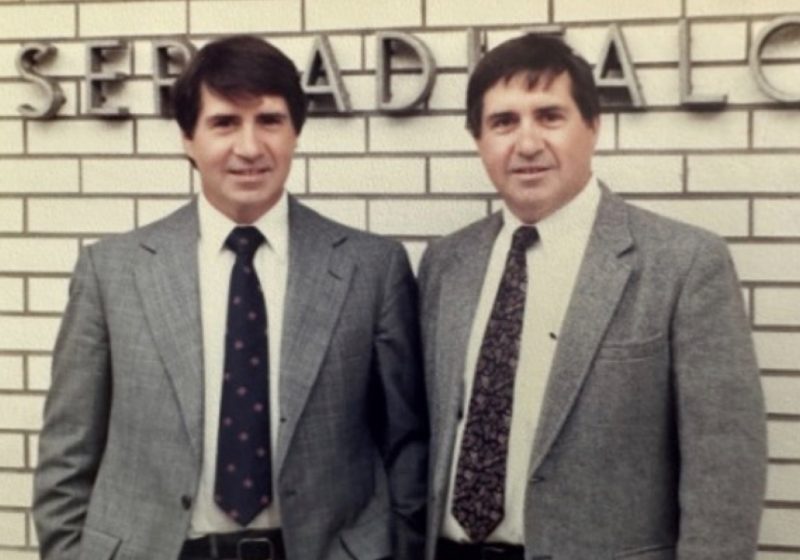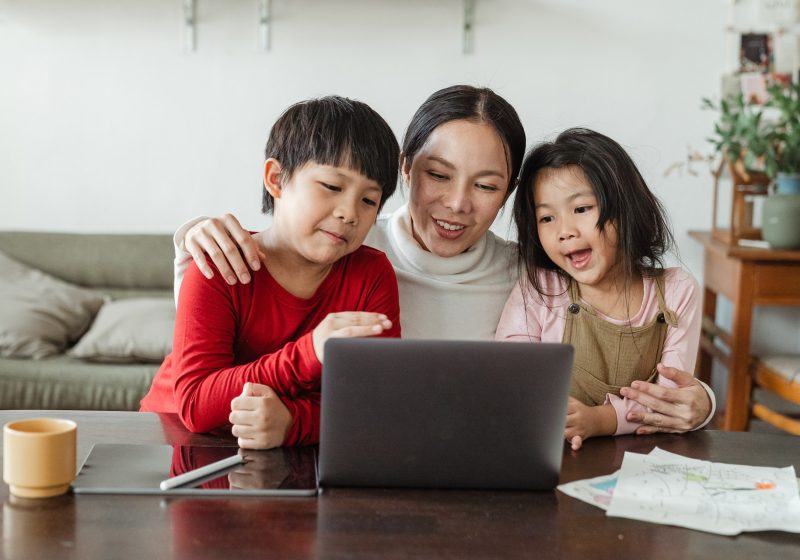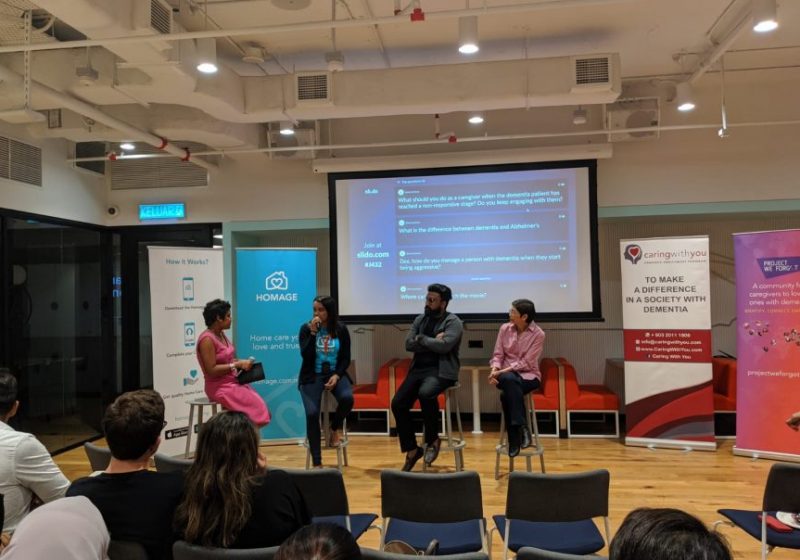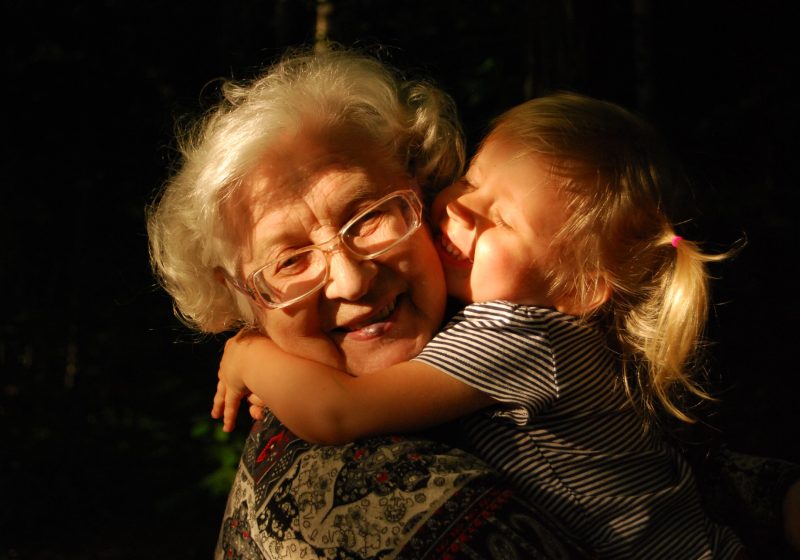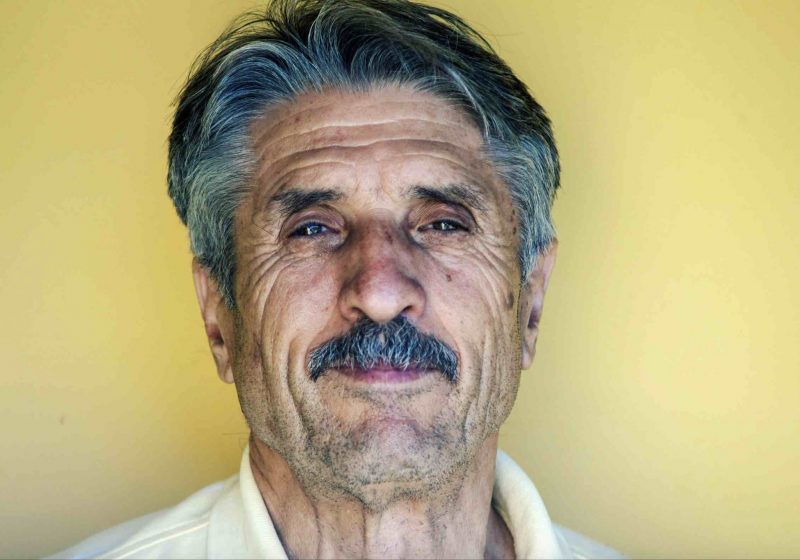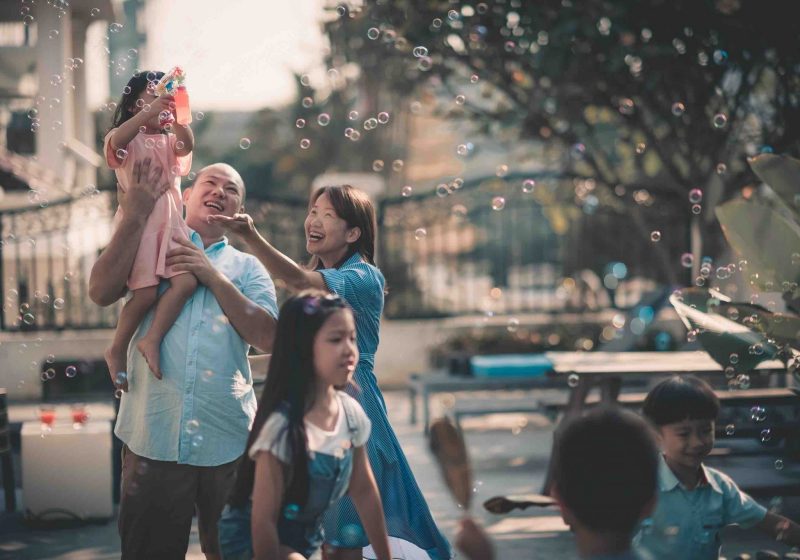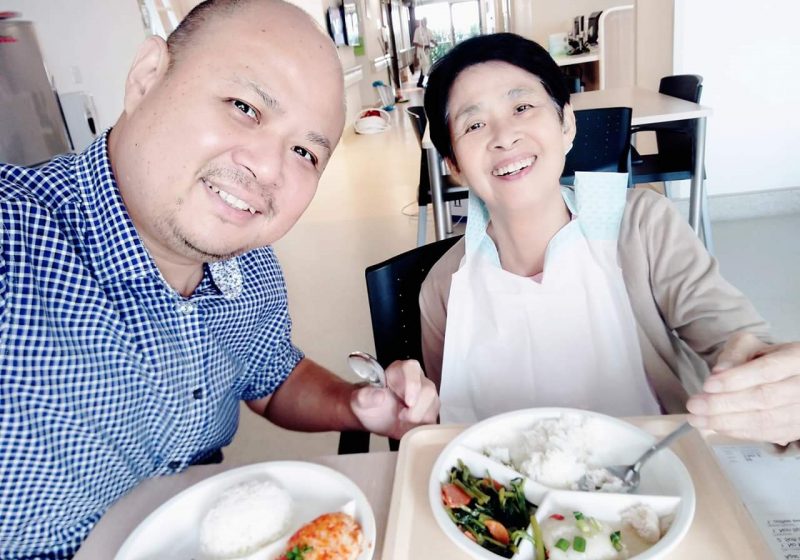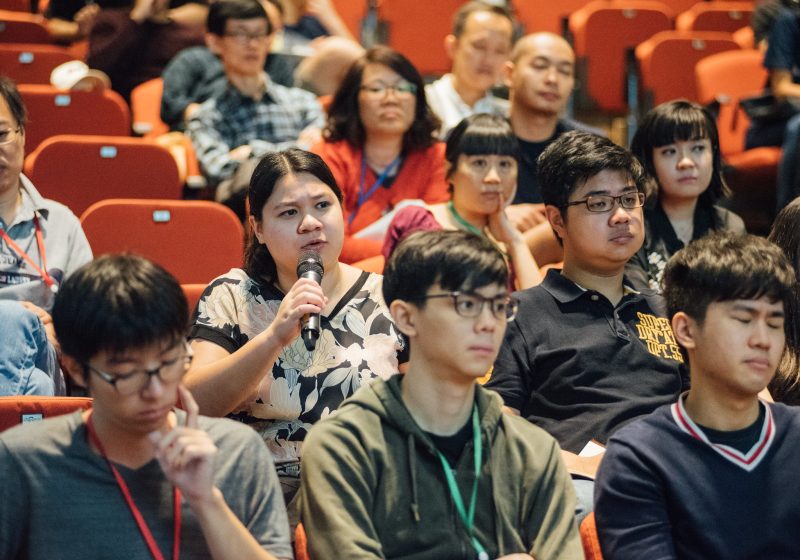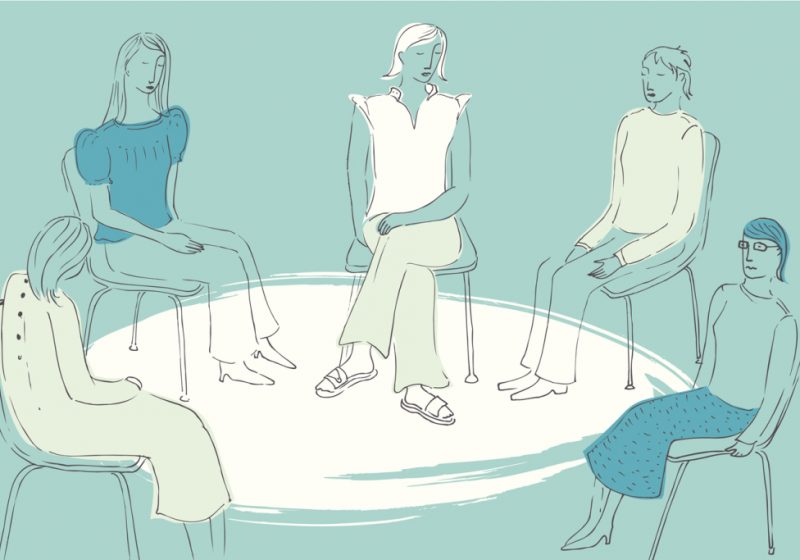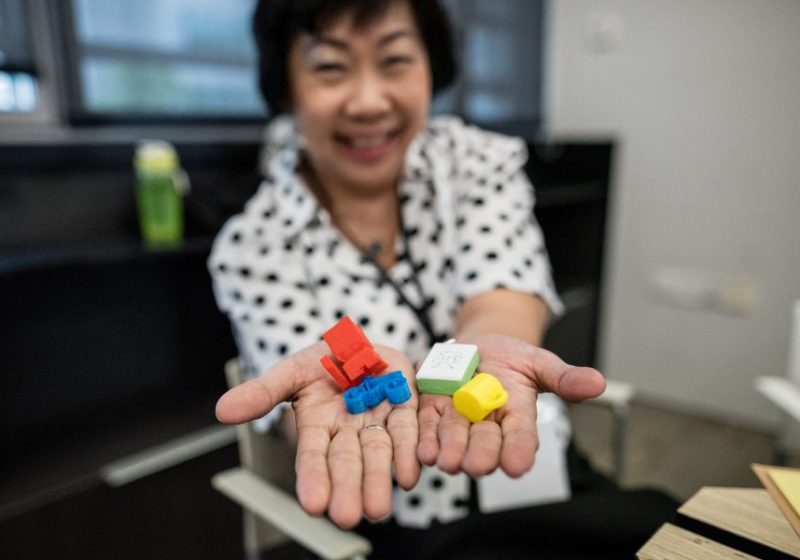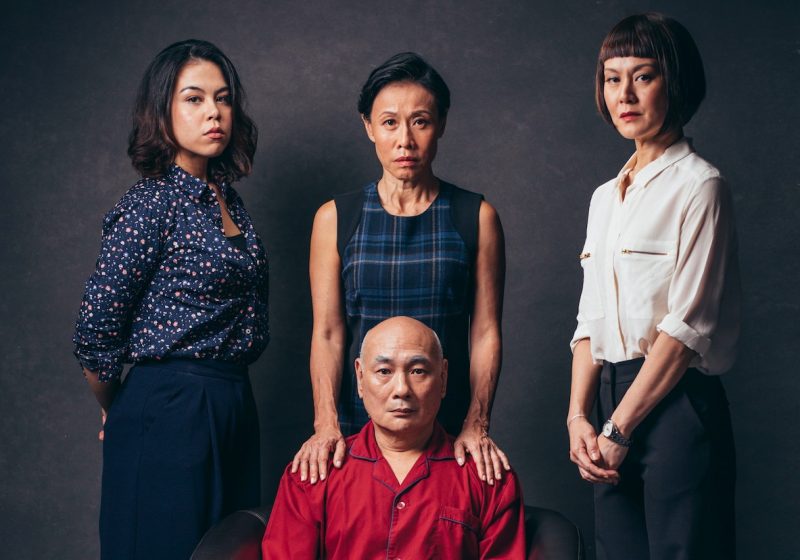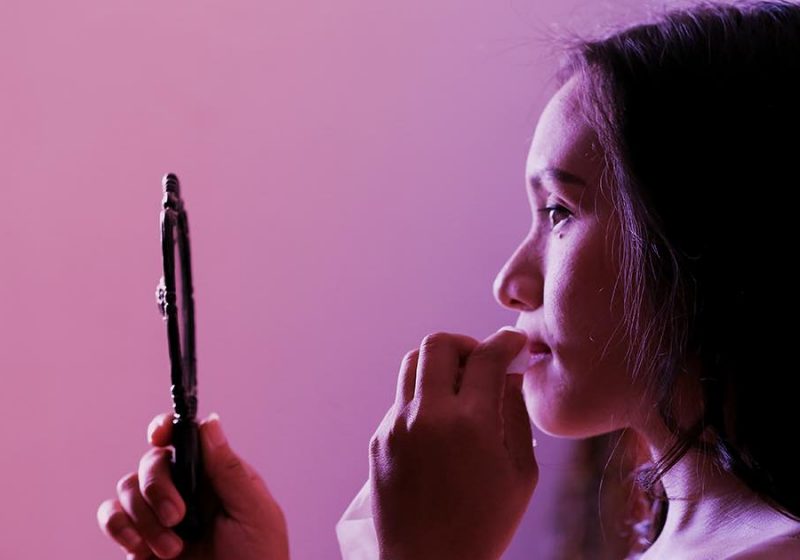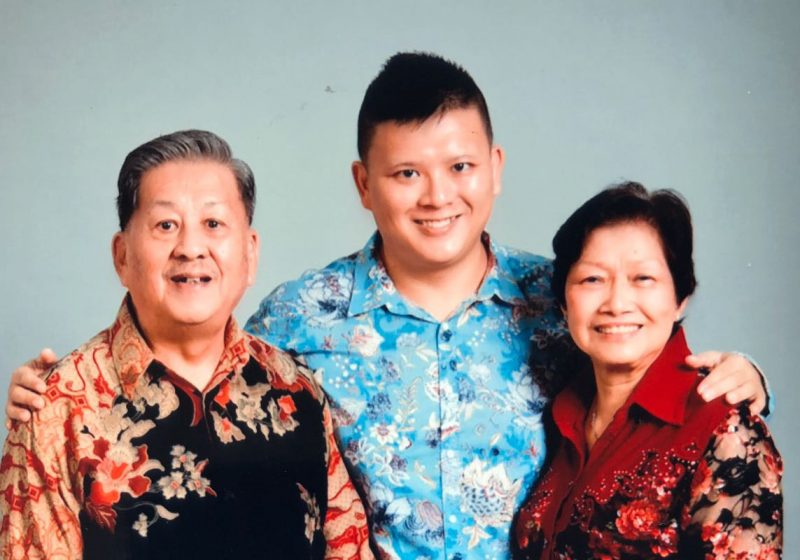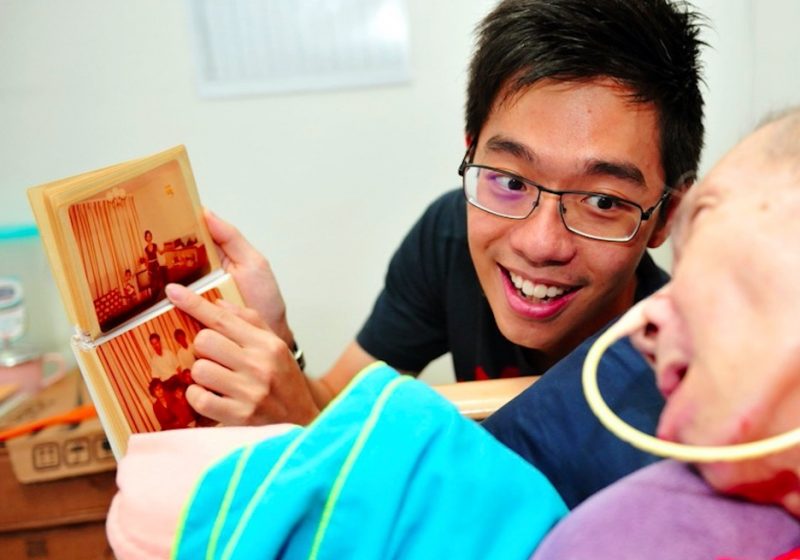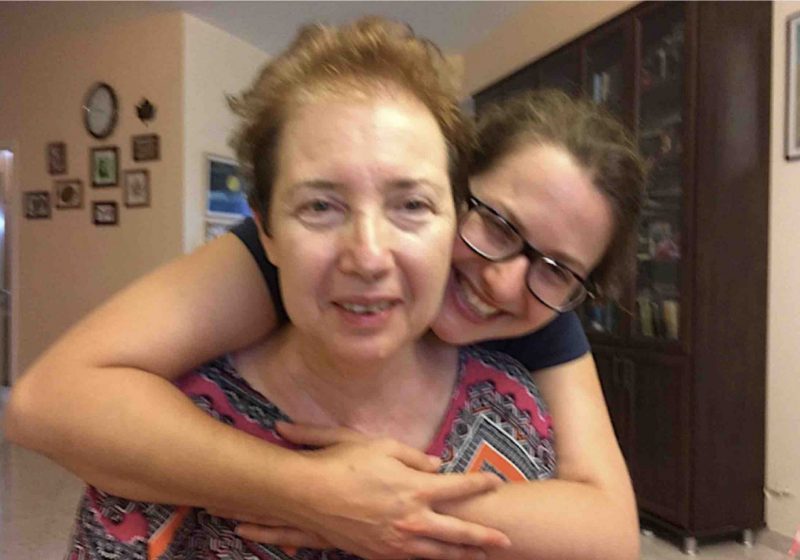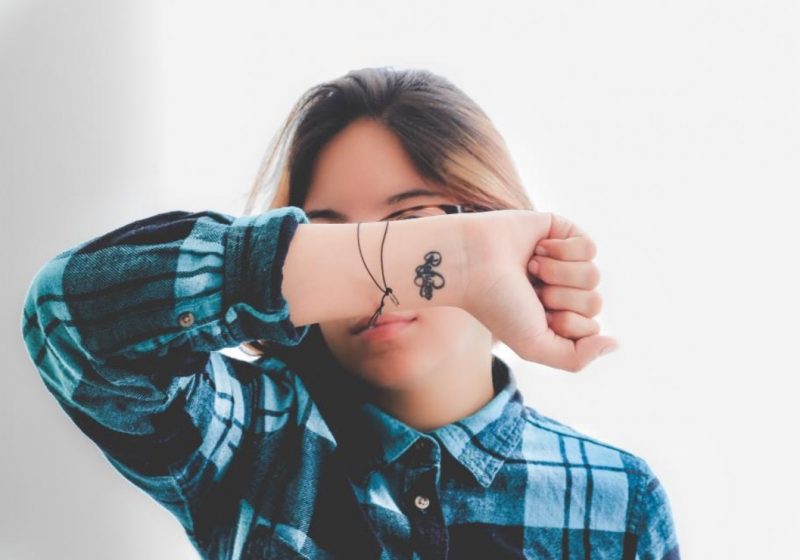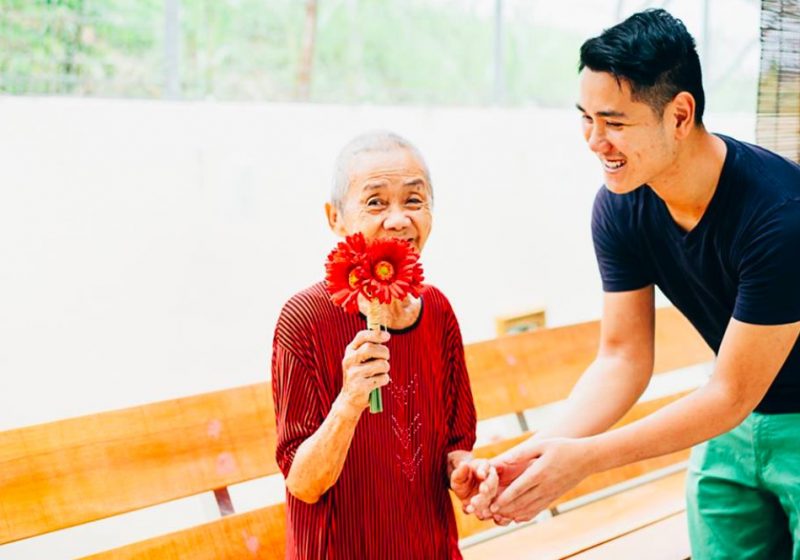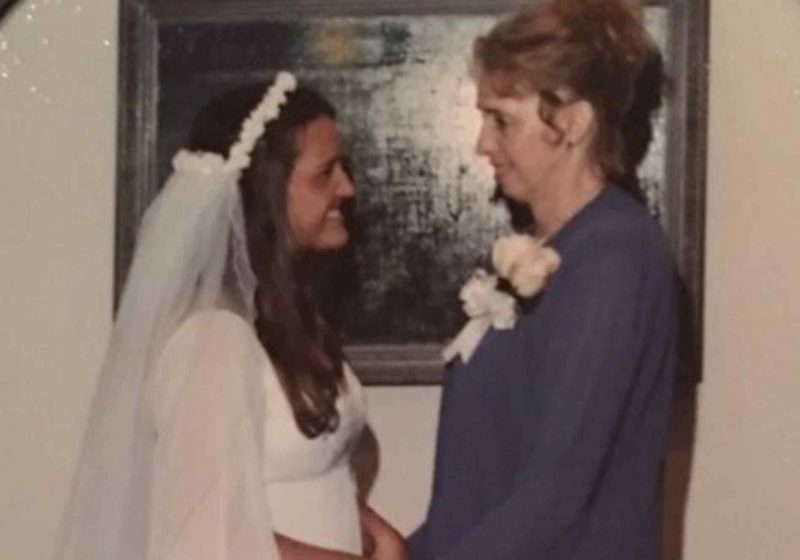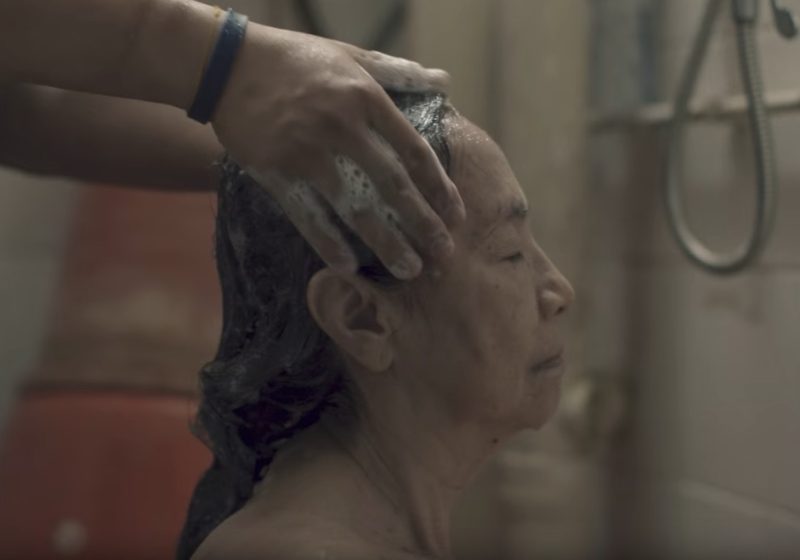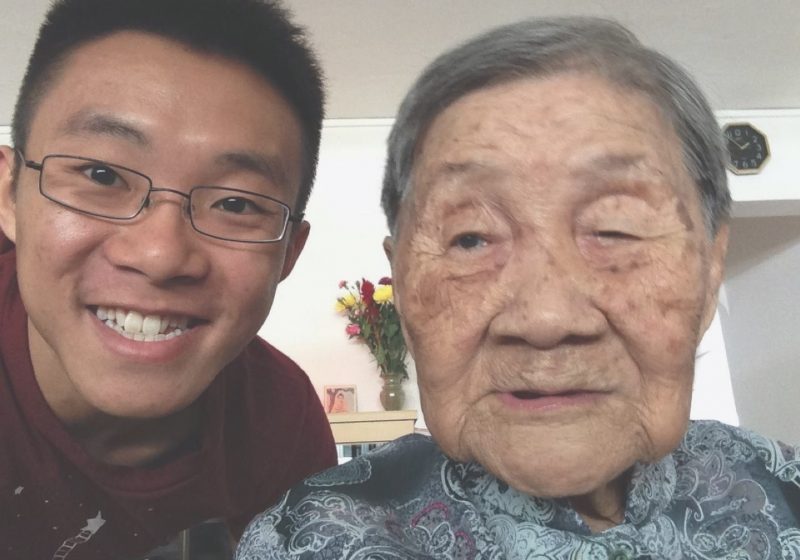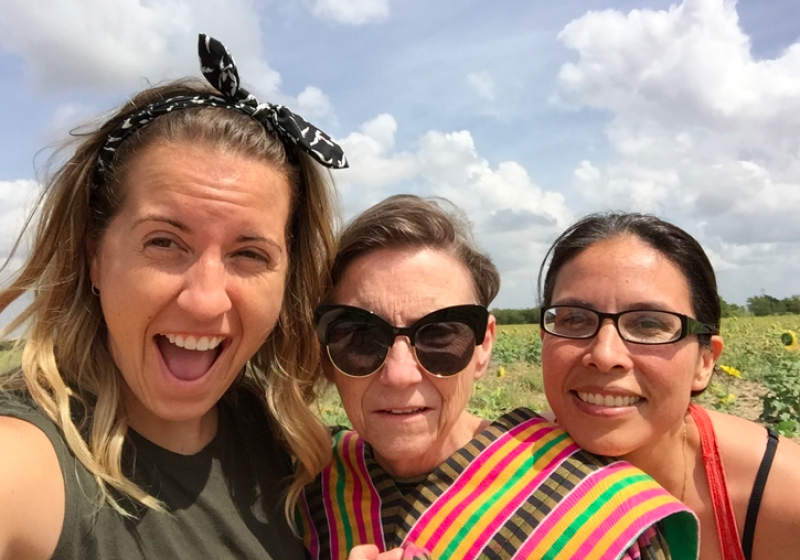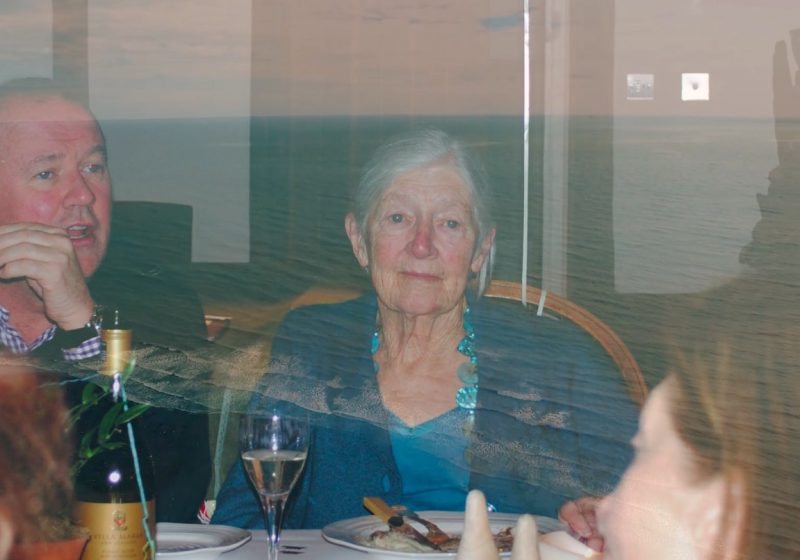Dementia does not stop all interactions and communication, there are ways to reach out.
By Heather Taylor
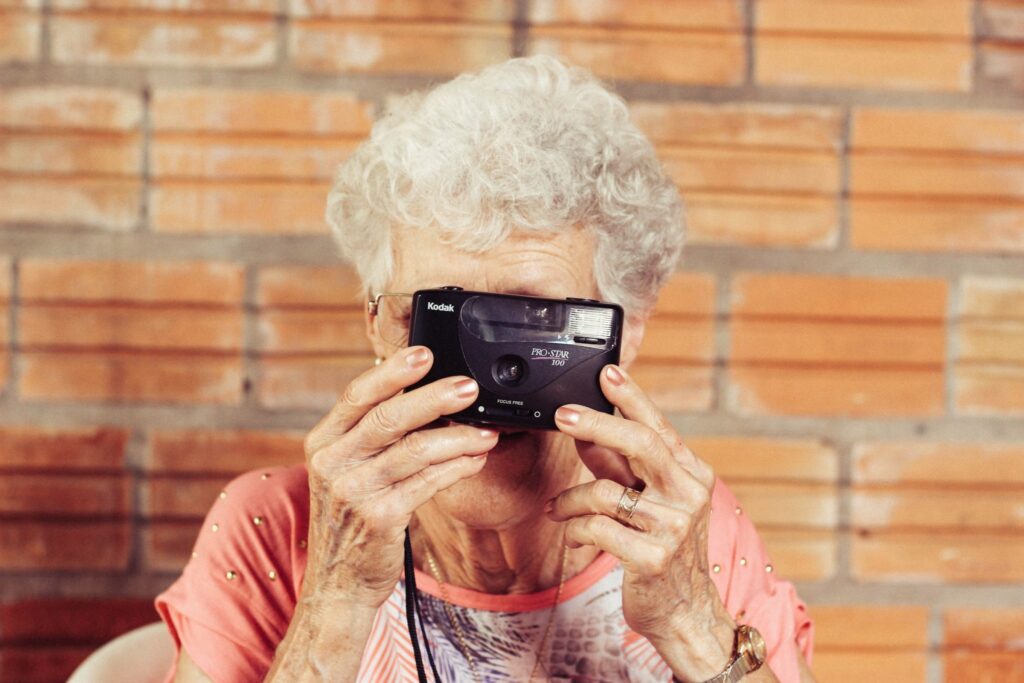
When a beloved family member or friend has been diagnosed with dementia, many new and unfamiliar to the phenomena can be overwhelmed and conflicted. However, the diagnosis of dementia is not the end of the line for everyone, nor is it the end of autonomy for the person diagnosed.
One popular misconception is that all diagnosed with dementia are automatically impaired. Dementia can manifest in many different forms, such as Alzheimer’s, at various levels.
Just as people differ from one another and are individuals in their own right, so are those with dementia. The symptoms affiliated with this syndrome will vary depending on the individual affected at different rates. In addition, there are a number of ways to tackle and adapt to this illness
There are many skills that people people with dementia can use, some that may be heightening by their own perception of this mental illness.
People with Dementia as a source of information
There are various ways to interact and communicate with a person with dementia. Foremost, these people should be listened to and respected as an equal. They have first-hand experience of the difficulties of this illness, thus having plenty of insight to address issues concerning it.
In addition, by actively participating in the communication of sharing experiences and stories of their own, these people are interacting and participating positively in society instead of being sidelined with the mentality that they must be spoken for. Many people who are affected by this illness have come from various backgrounds, and their experiences of their past occupations/hobbies/insights can still be utilized with some aid.
Familiar activities or hobbies
Similarly, everyone has a hobby or activity they love to do in their spare or even at work. No one is born with dementia. As such, people with this illness can still enjoy the things that give them entertainment or comfort. While they may not be able to do certain activities in their previous capacity, a simplified solution is possible.
For example, a new caregiver wants to engage with an activity that will stimulate the one they are caring for. In this instance, the person with dementia loves photography before being diagnosed. By simplifying the activity, with minimal steps and patience, instead of taking careful pictures and editing them on software, this person can still engage by looking at photos or even doing simple picture puzzles.
Game activities
Another effective method of engagement can come in the form of play in games and virtual interaction that can bridge the generational gap. VR (virtual reality) can be used in multiple ways, for both caregivers, and those with dementia.
This technology can be utilized as a tool for learning purposes to teach and let caregivers experience the tribulations patients undergo and the various symptoms and progression of the illness. On the other hand, people with dementia can also use VR to help recall old memories and create new stimuli by introducing new environments in a safe space.
Music as a medium
Music plays a huge role in the modern world. It can be used to evoke emotions that connect people to a time or event when they listened to a particular song. This is also true for people with dementia. In the same way, music has a significant influence in the recollection of memories by bringing a sense of familiarity and nostalgia.
With positive effects, music can enhance long-term memory and emotions that are associated with it. Other factors also see notable improvements, such as: mood of patients, increase in physical and mental activity, and speech usage. Not only will the patient enjoy the familiarity music brings, but caregivers can also partake in the shared interests.
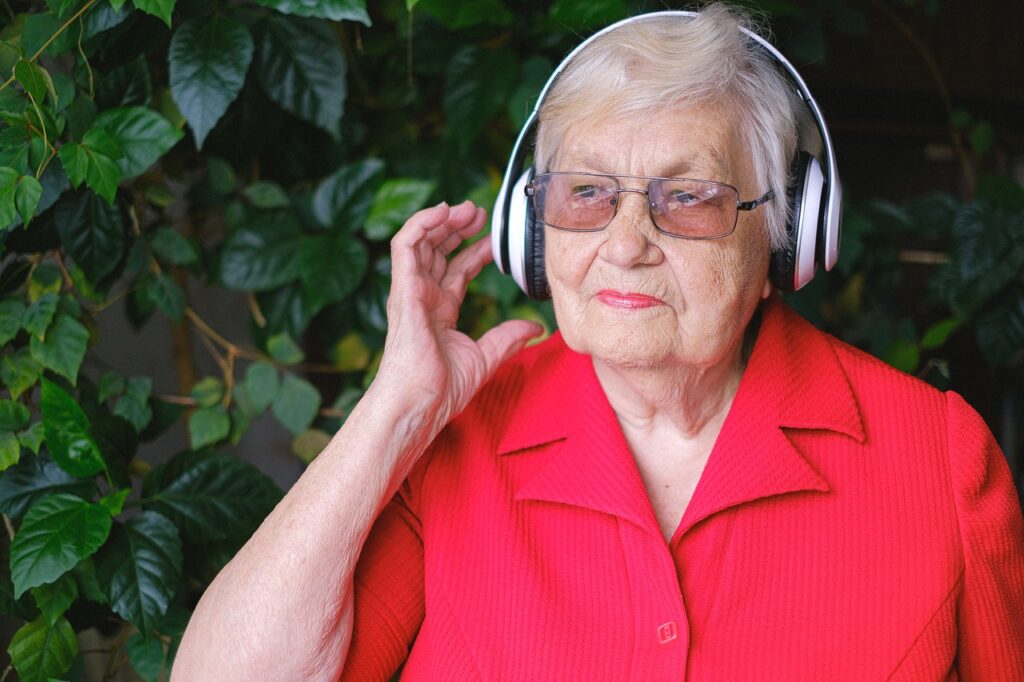
The ability of expressing oneself is can be a huge comfort for those with dementia.
There are several other methods to engage and interact with loved ones affected with dementia as every person reacts and acts individually. What may work well for others may not for some as it is a matter of trial and error. What is important to remember is for family and caregivers to let those affected with dementia go at their own pace and comfort. These types of interactions can go a long way in preserving their sense of self.


